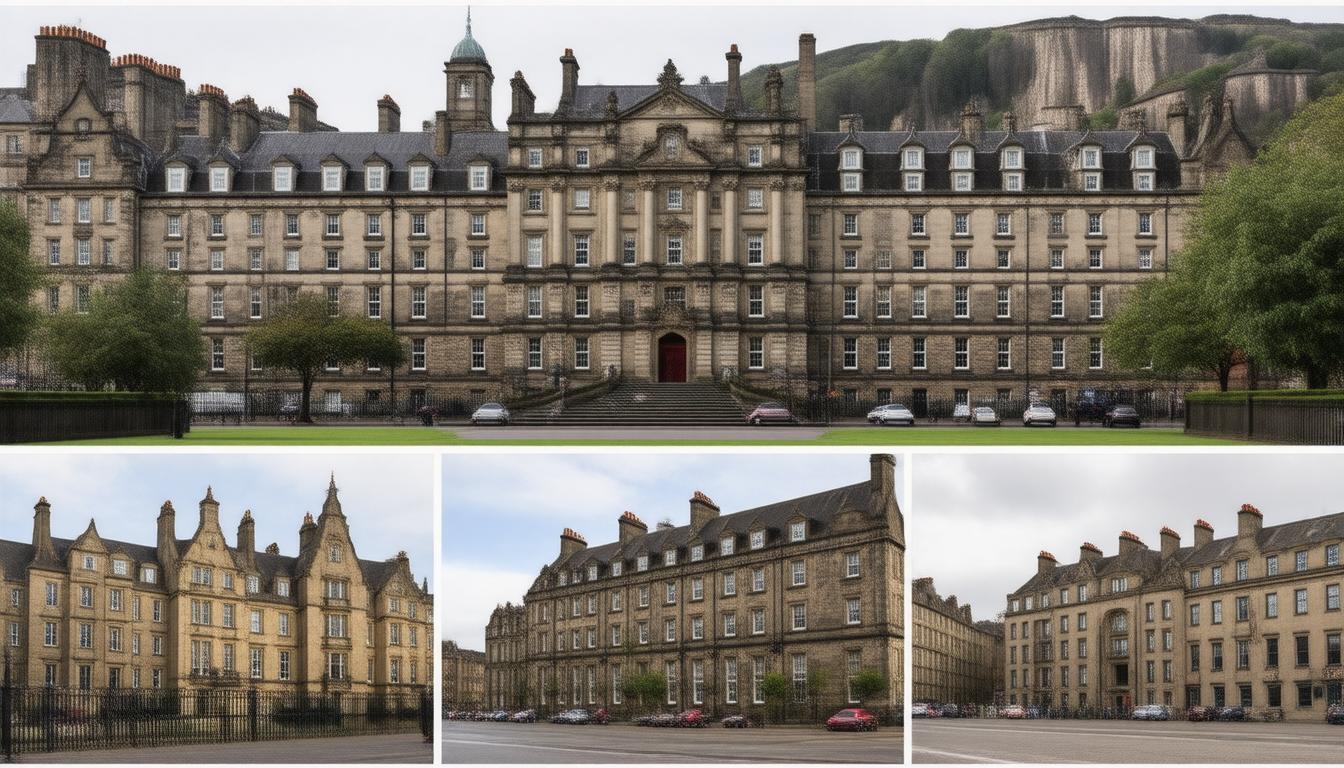In a decisive move to combat the ongoing homelessness crisis, the City of Edinburgh Council has announced plans to relocate over 700 homeless residents currently residing in unlicensed Houses in Multiple Occupation (HMOs). This action comes as a response to the increasing number of individuals seeking shelter and the growing concerns raised by shelter charities and local councillors regarding the adequacy of temporary accommodations in the city. With many of these properties lacking the necessary HMO licenses, the Council is prioritizing the relocation of residents into appropriate housing as it navigates the complexities posed by high private rental costs and limited Scottish Government funding for new developments.
Key Takeaways
- The Edinburgh Council aims to relocate 700 homeless residents from unlicensed HMO accommodations to legal housing.
- Experts warn that simply suspending new housing allocations won’t address the worsening homelessness crisis in Edinburgh.
- The Council is prioritizing compliance with housing regulations while acknowledging significant pressures from high rents and limited funding.
The Current State of Homelessness in Edinburgh
In a concerning development for Edinburgh, the City Council has announced plans to relocate over 700 homeless residents currently residing in 30 identified temporary accommodations that are failing to comply with licensing regulations under the Houses in Multiple Occupation (HMO) standards. These properties have come under scrutiny as they lack the required licenses to provide legal accommodation for multiple tenants from different households sharing common facilities. Local charities dedicated to combating homelessness, as well as councillors, have expressed alarm over the rising number of homelessness applicants in the city that starkly outstrips available housing. Shelter Scotland’s Gordon MacRae noted that the crisis continues to escalate, despite prior statements declaring a housing emergency within the region. He argued that merely freezing new council housing allocations is insufficient to address the pressing needs of those lacking stable housing. Meanwhile, Councillor Jane Meagher acknowledged the strain on temporary accommodation stemming from soaring private rental costs and the limited funding from the Scottish Government intended for new housing. She affirmed that the practice of utilizing unlicensed HMOs must cease. To rectify the situation, the Council is set to collaborate with housing providers to ensure adherence to licensing regulations, along with plans to utilize existing council stock more efficiently, expedite the turnaround of vacant homes, and motivate licensed housing providers to enhance allocation rates for homeless households. On this issue, Eilidh Keay, a representative from the tenants’ union Living Rent, condemned the initial stance of placing vulnerable individuals in unlicensed HMOs, stressing the urgent need for accountability and decisive action to remedy the crisis.
Steps Taken by the Council to Address HMO Compliance
The decision to relocate residents highlights the increasing challenge of homelessness in Edinburgh, exacerbated by insufficient affordable housing solutions and stringent licensing requirements for HMOs. The City of Edinburgh Council’s new strategy not only prioritizes compliance but also reflects a broader recognition of the systemic issues facing the housing market, as voiced by various stakeholders. Eilidh Keay of Living Rent’s concerns underscore the necessity for transparency and rapid intervention by local authorities to safeguard vulnerable populations. As temporary accommodations face critical scrutiny, the Council’s commitment to collaborate with housing providers is essential for improving conditions. Furthermore, this initiative aligns with Scotland’s broader housing strategy, which aims to create a fairer and more sustainable housing sector. Community advocates and local authorities continue to stress the importance of ongoing dialogue to enhance the accessibility of safe, licensed housing options for all residents.





